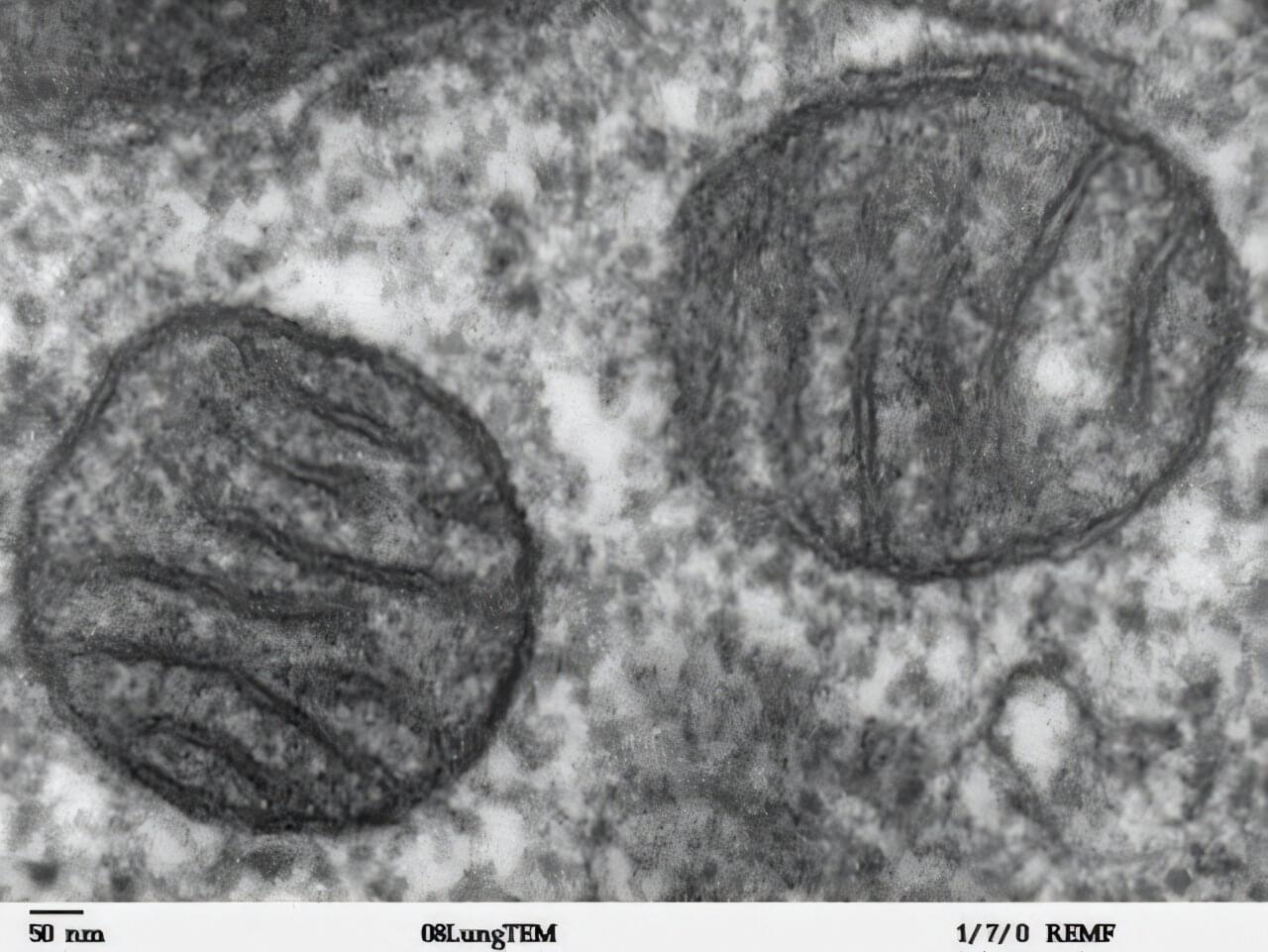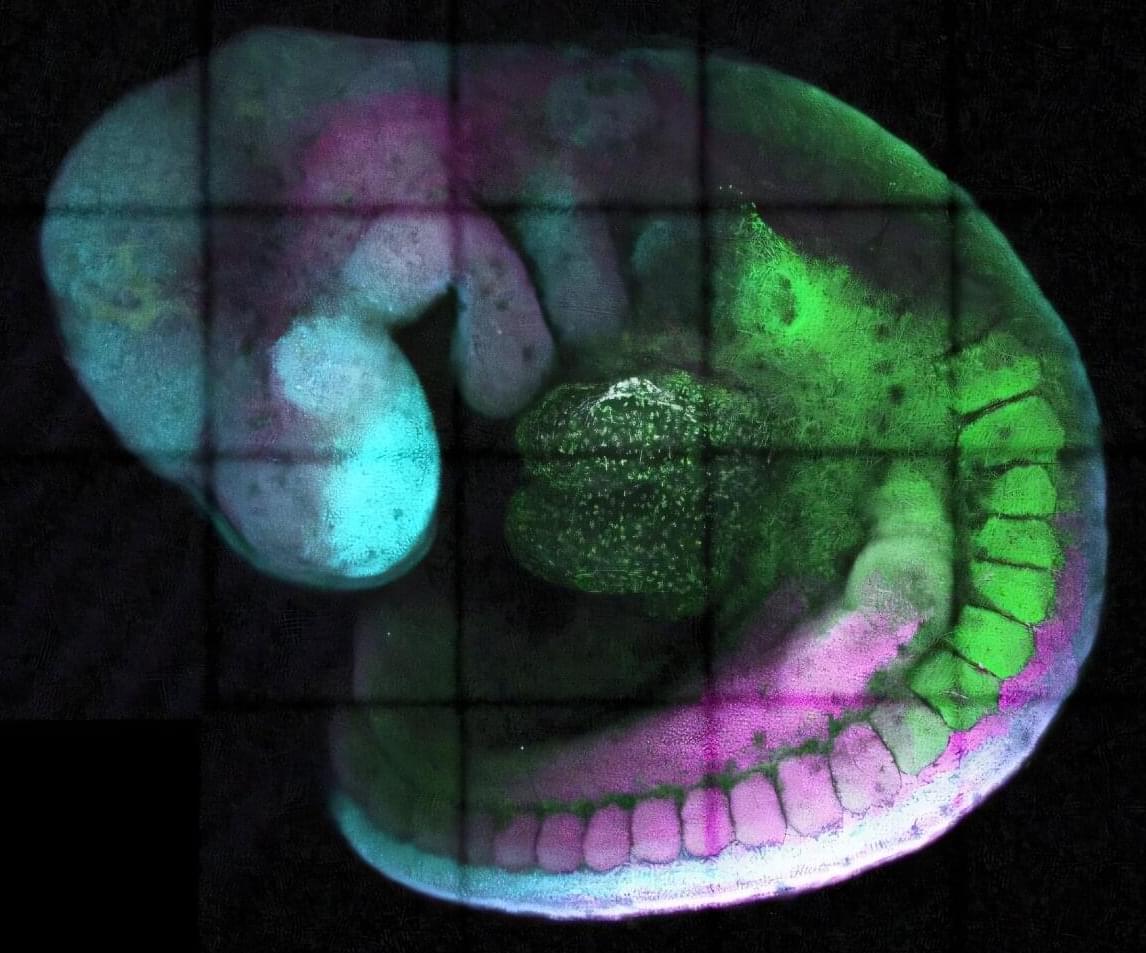WASHINGTON — Rocket Lab will launch a pair of European navigation technology demonstration satellites, as Europe again is forced to look outside the continent for launch services.
Rocket Lab announced June 25 it received a contract from the European Space Agency for the launch of two smallsats to test a proposed future low Earth orbit positioning, navigation and timing, or LEO-PNT constellation. Rocket Lab will launch the satellites on an Electron from its New Zealand launch complex no earlier than December.
The Pathfinder A satellites, one built by GMV and the other by Thales Alenia Space, are the first for a 10-satellite constellation intended to demonstrate LEO-PNT. The satellites will be launched into orbits of 510 kilometers.









